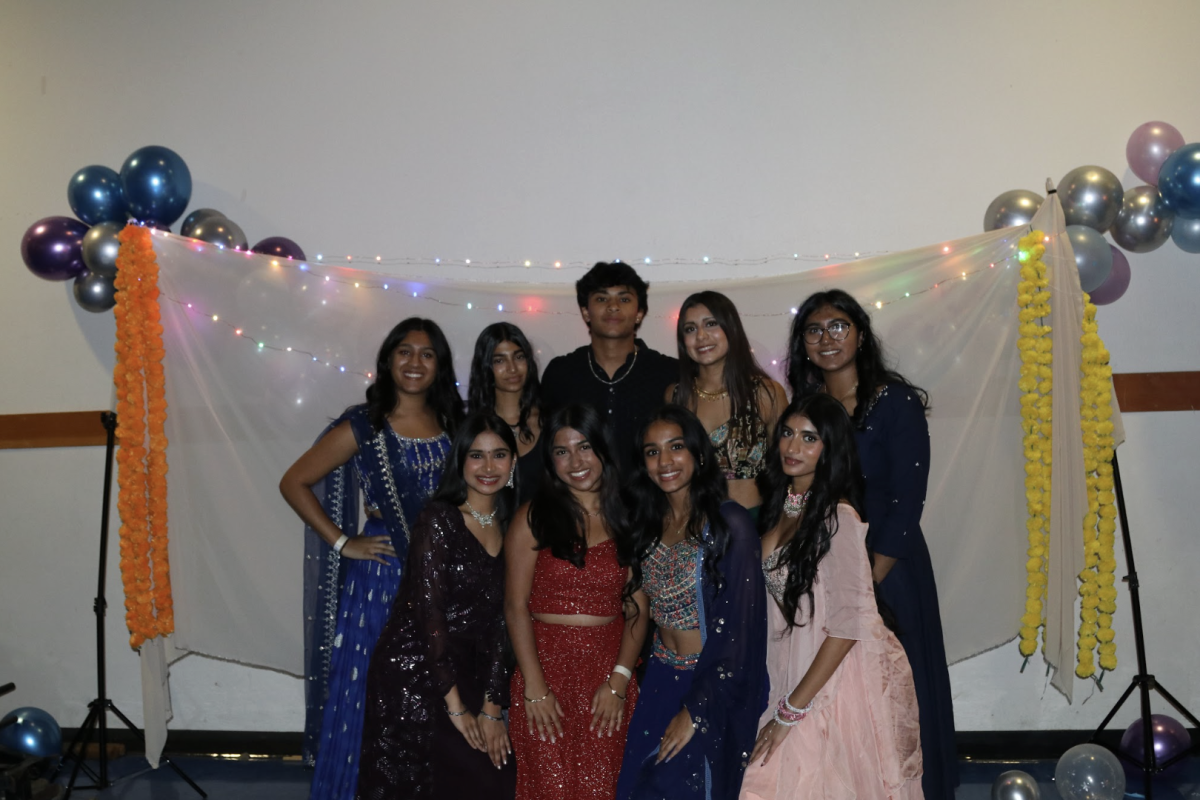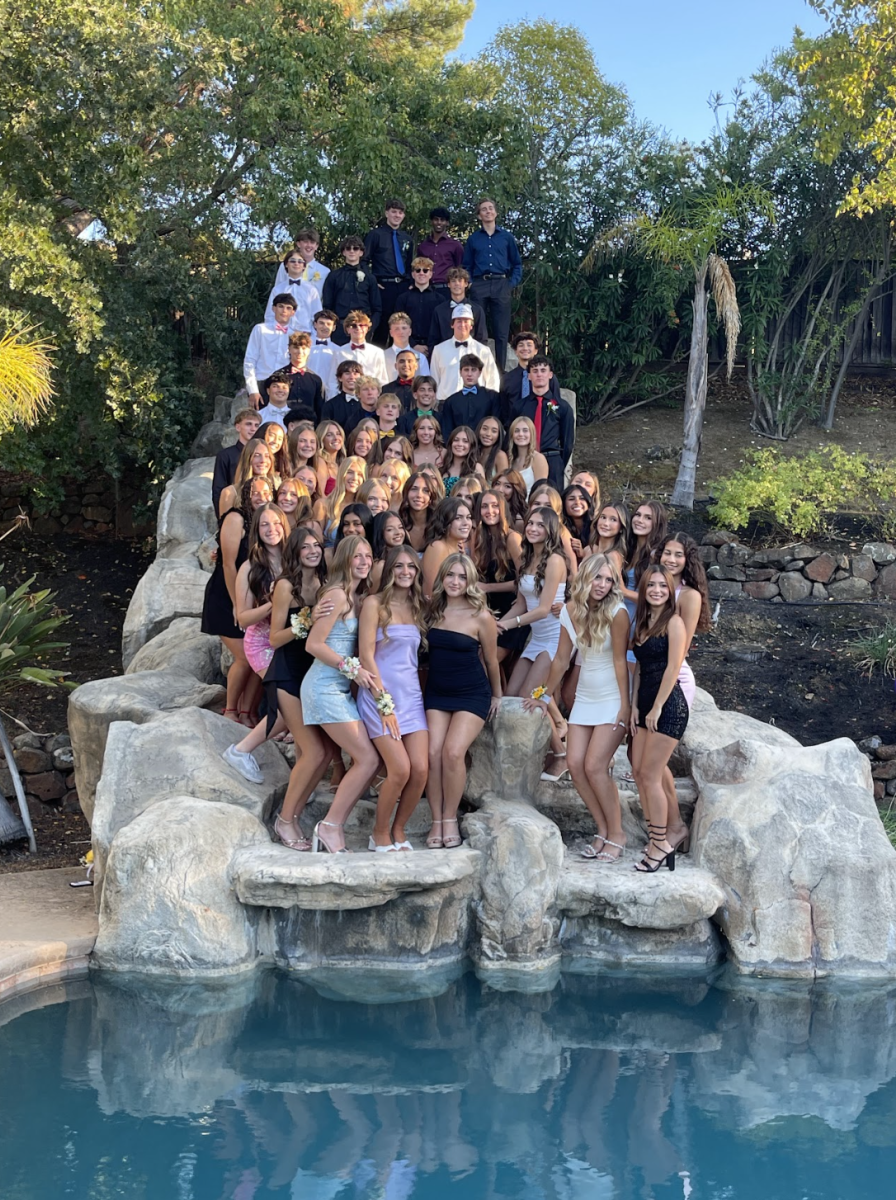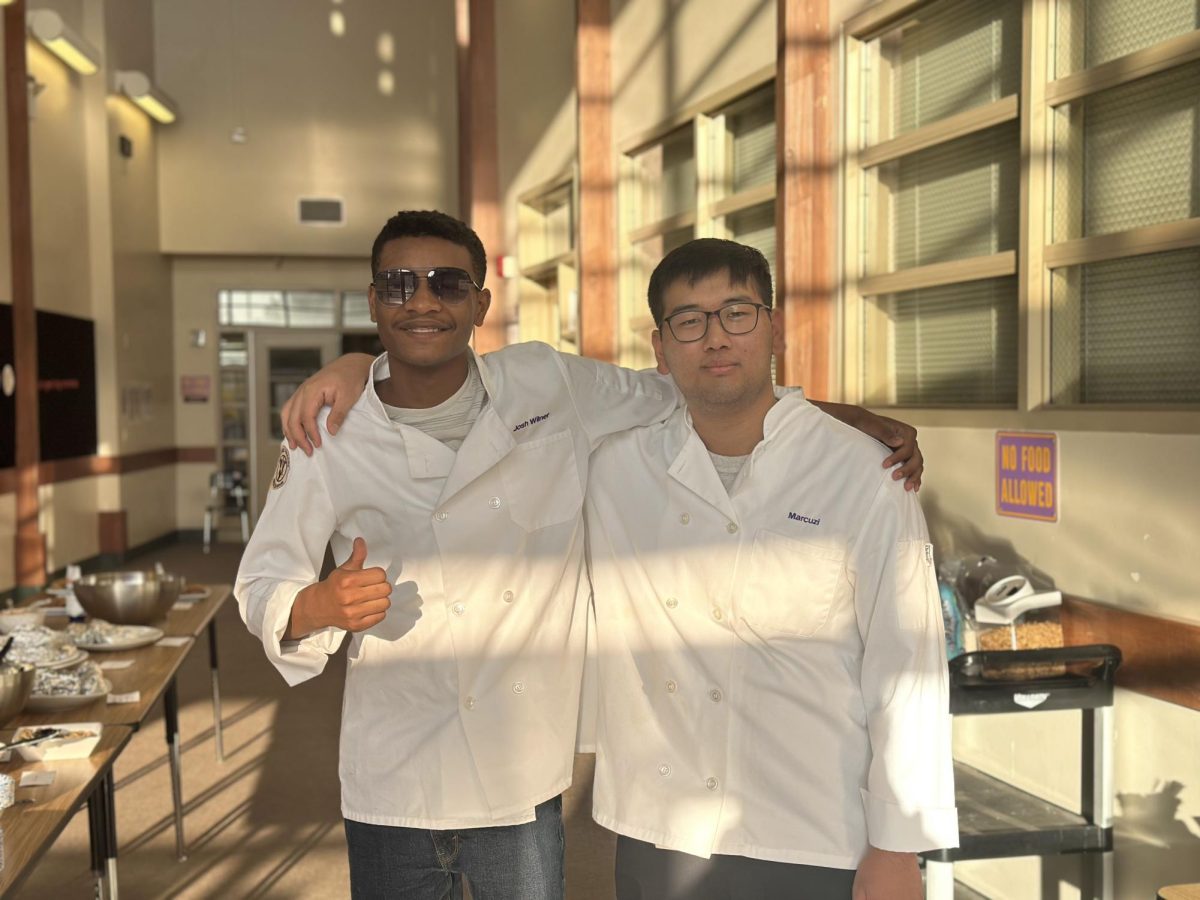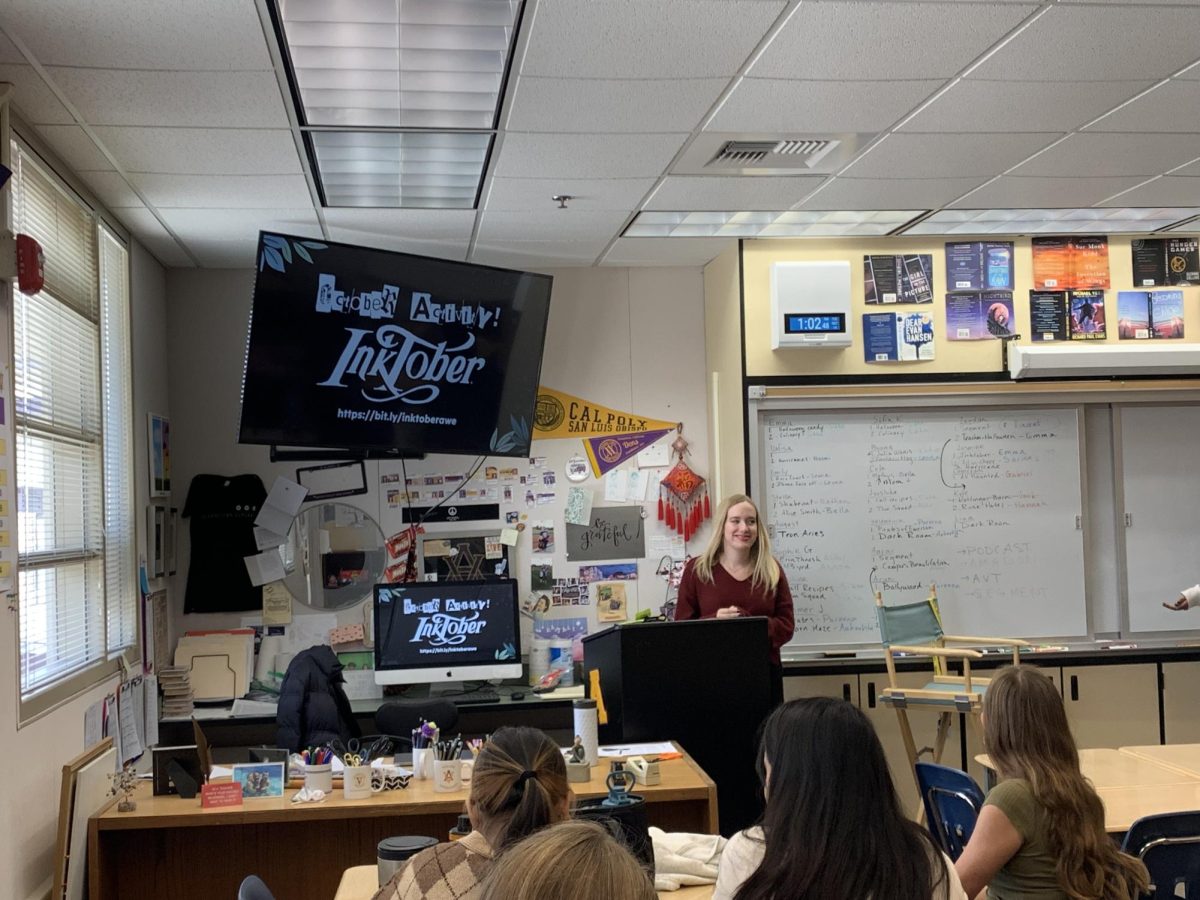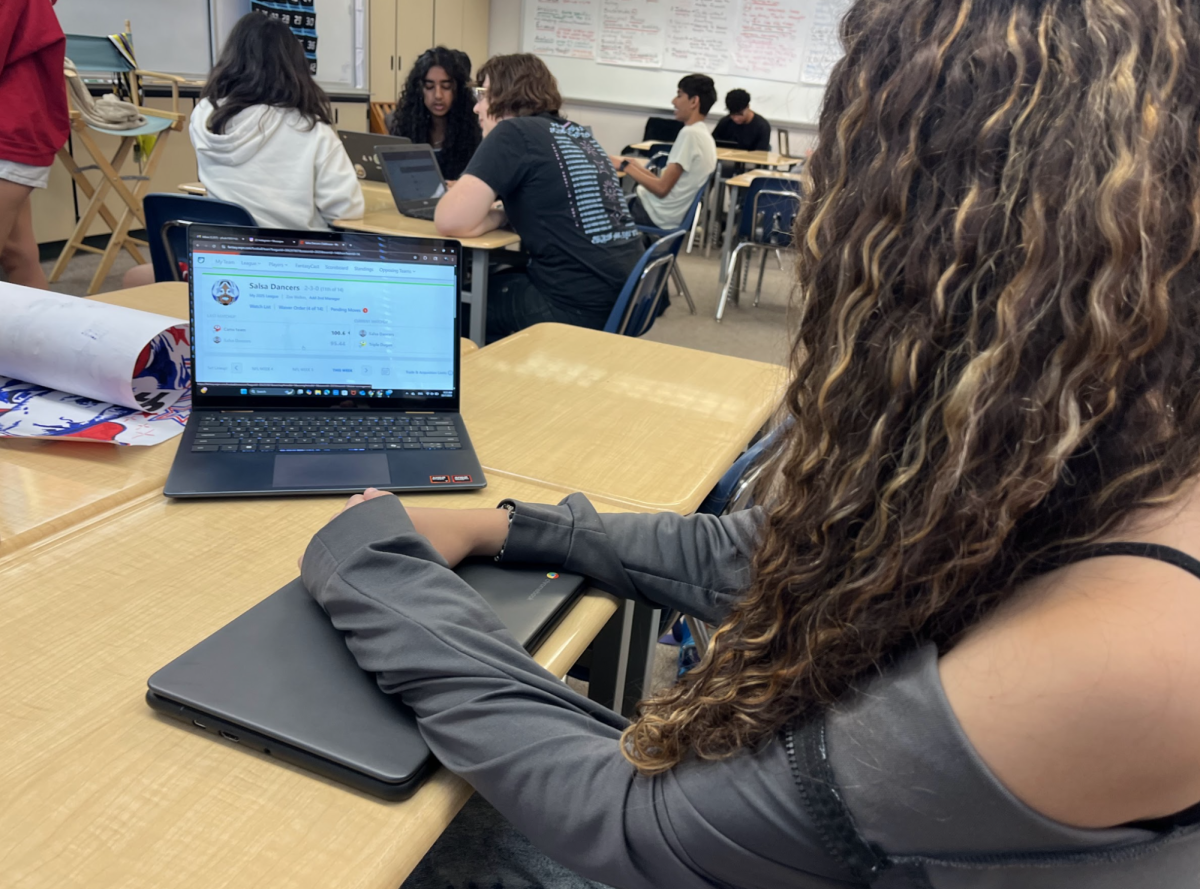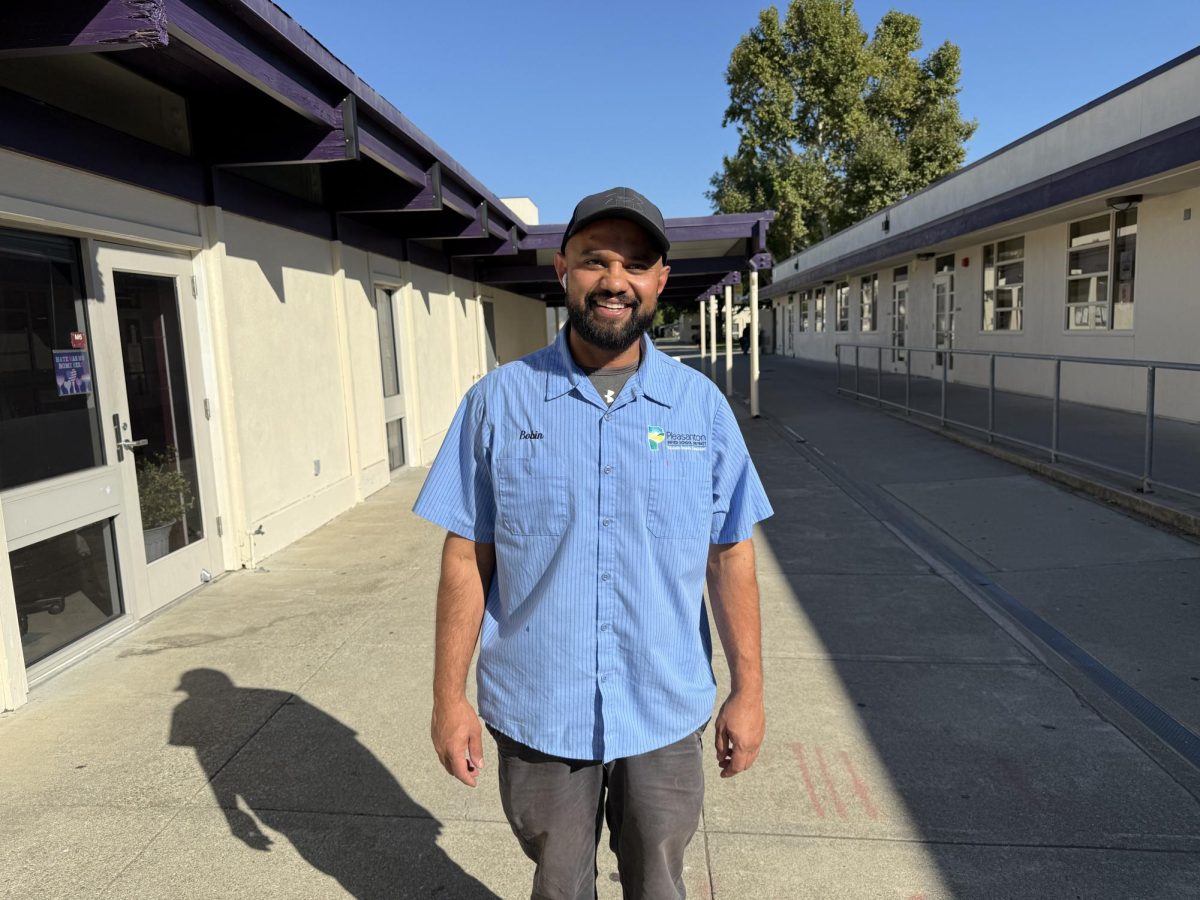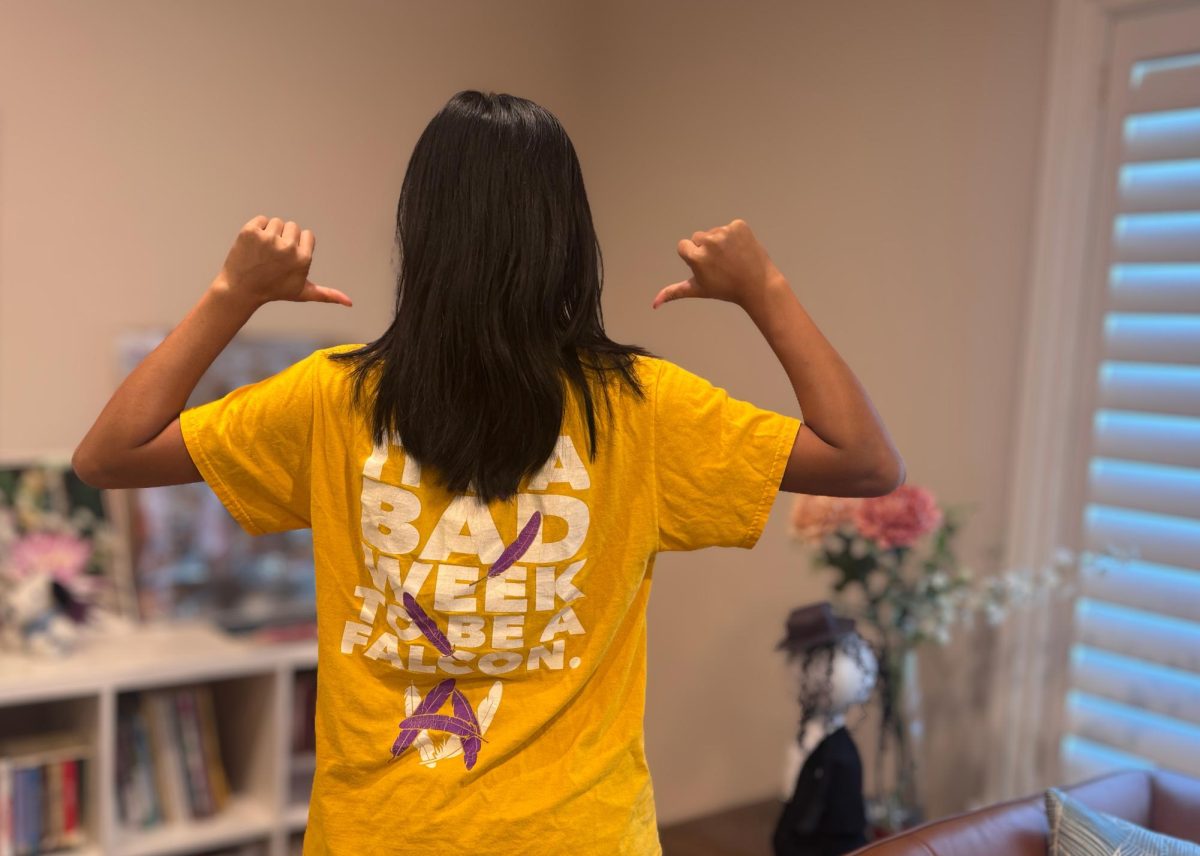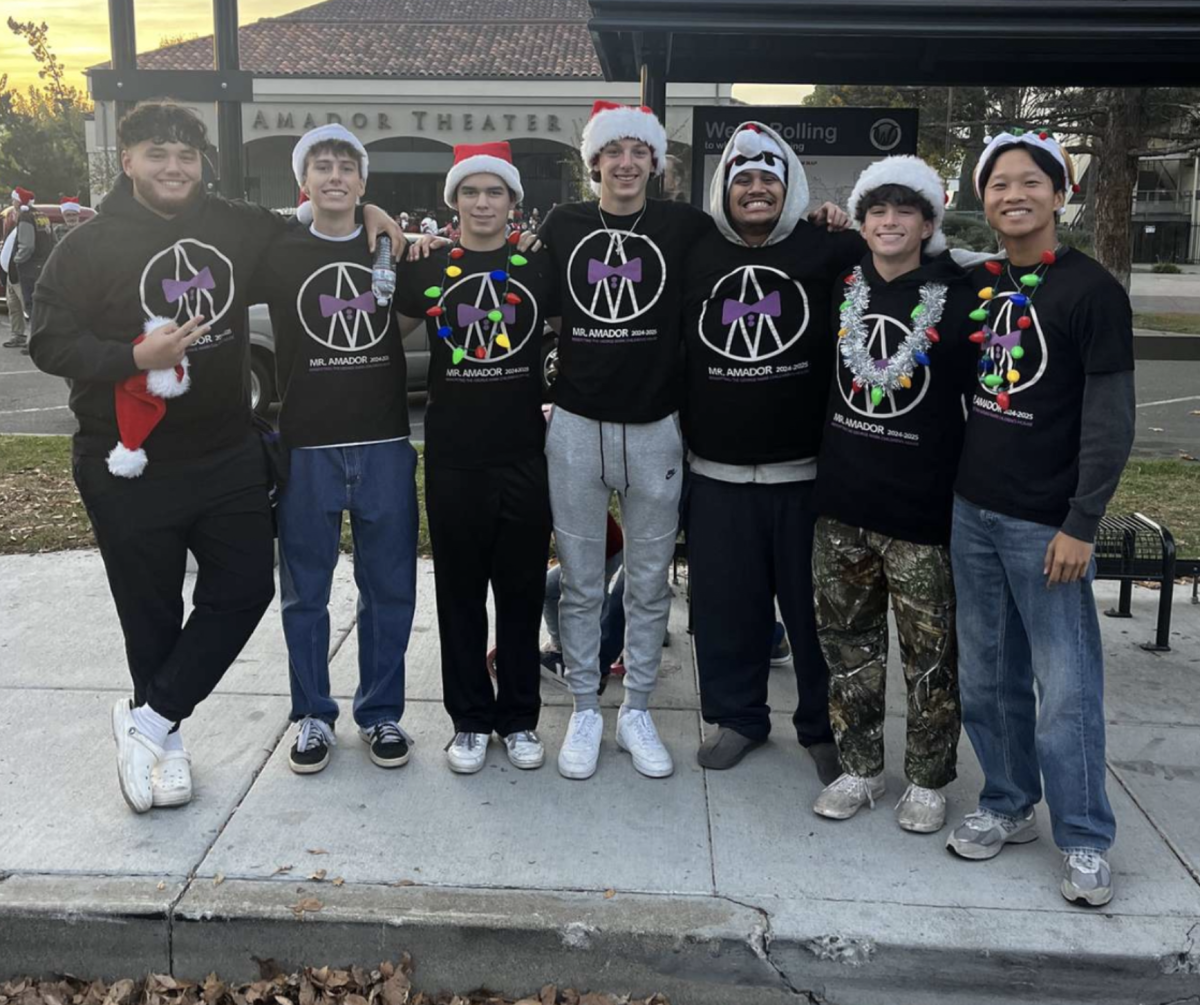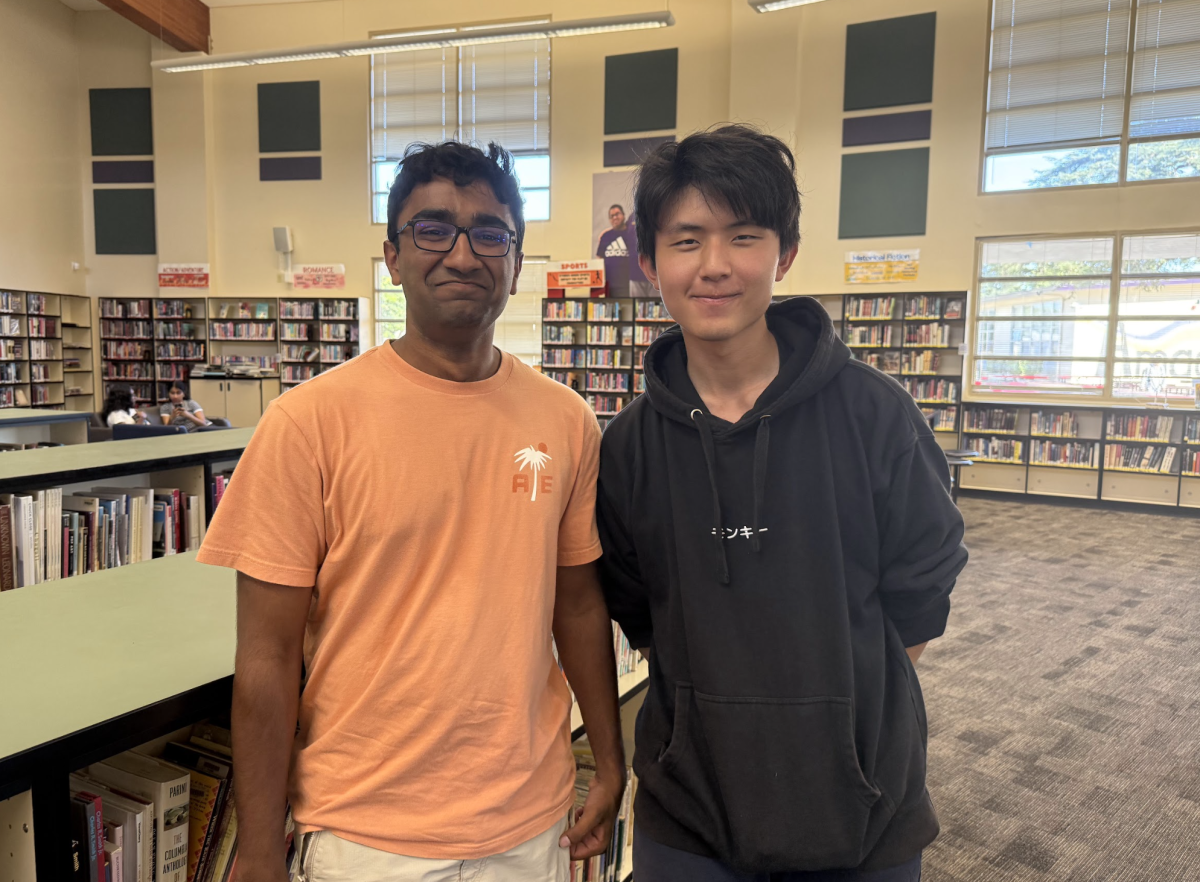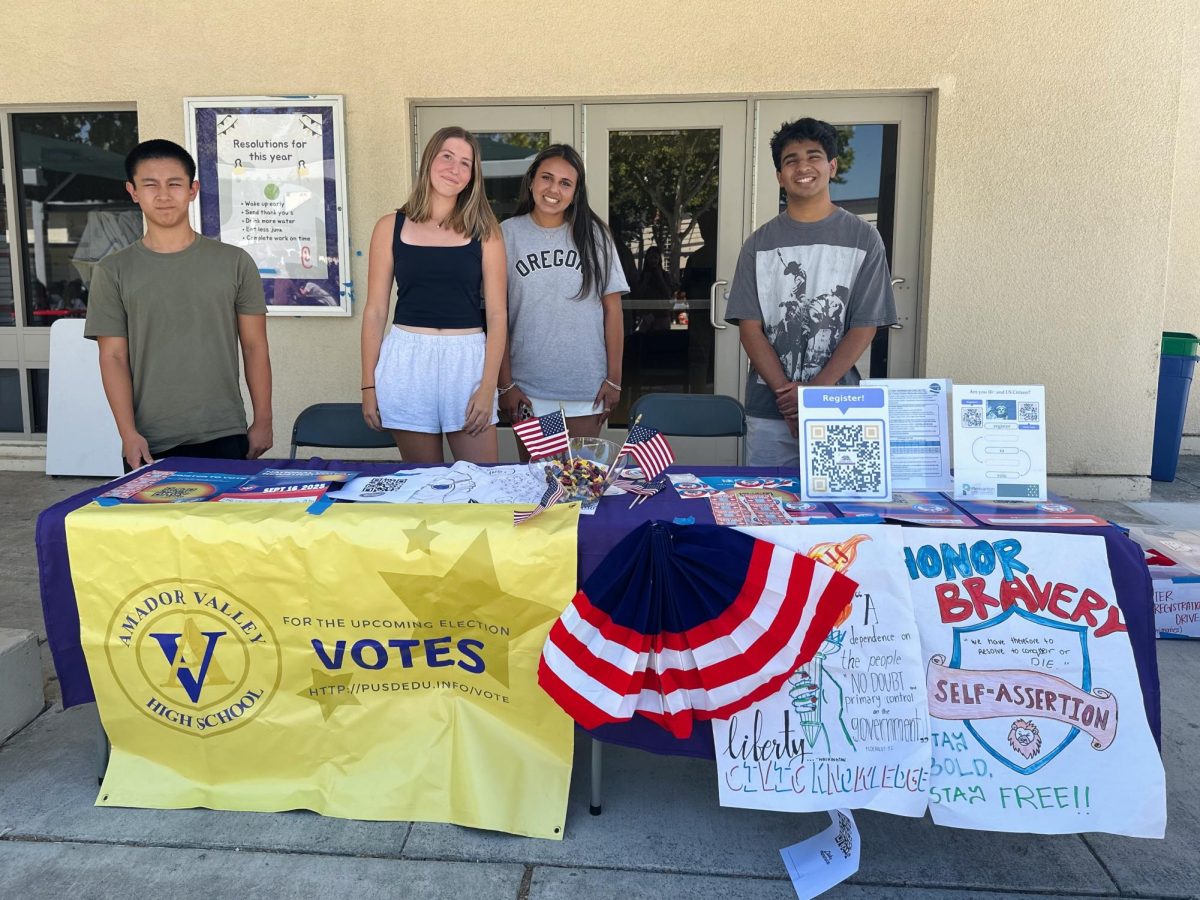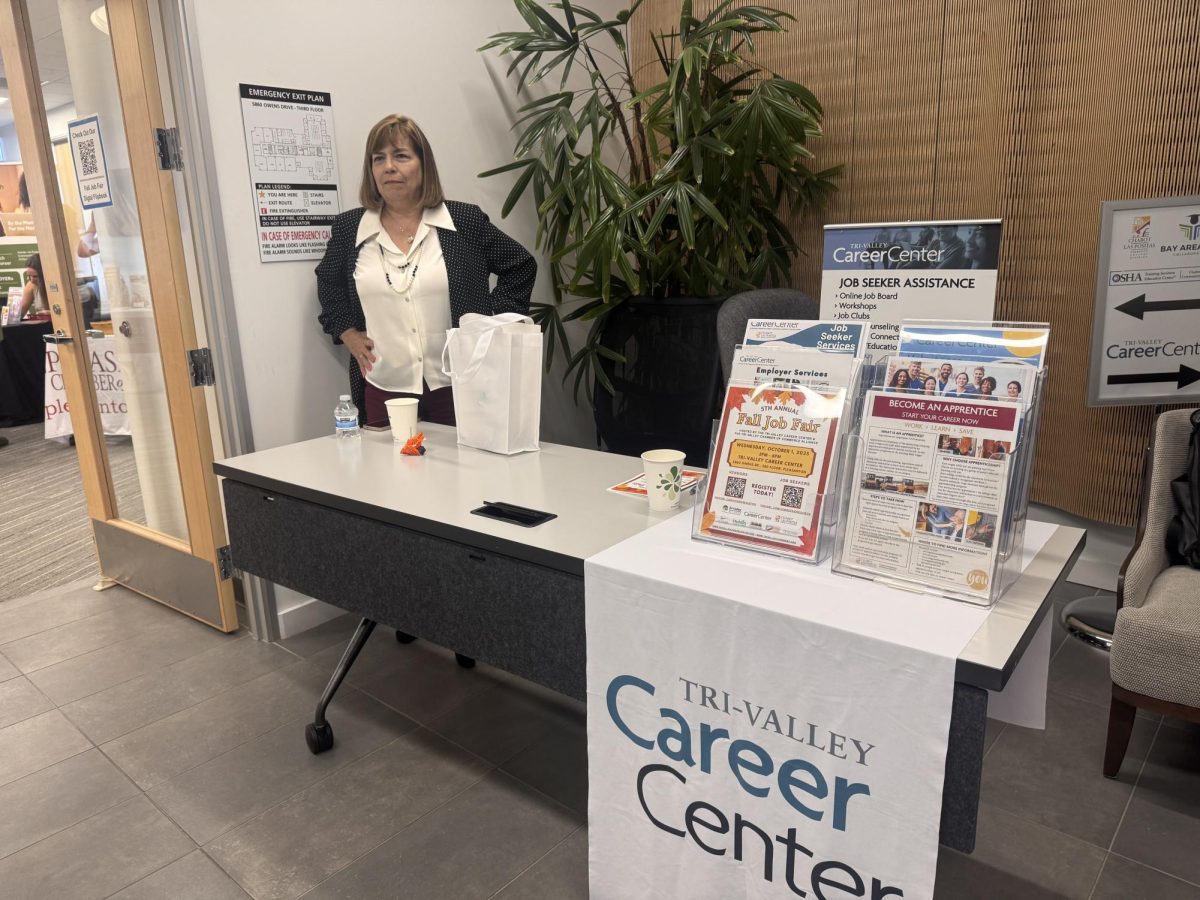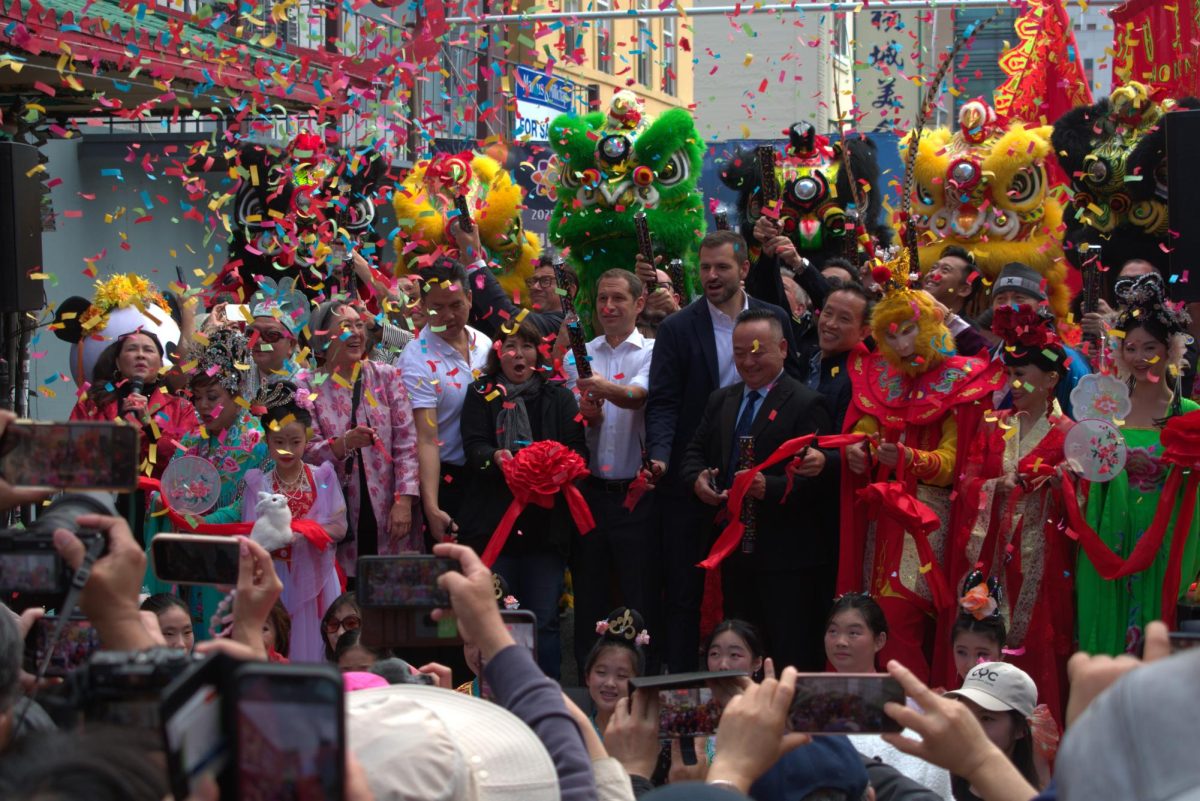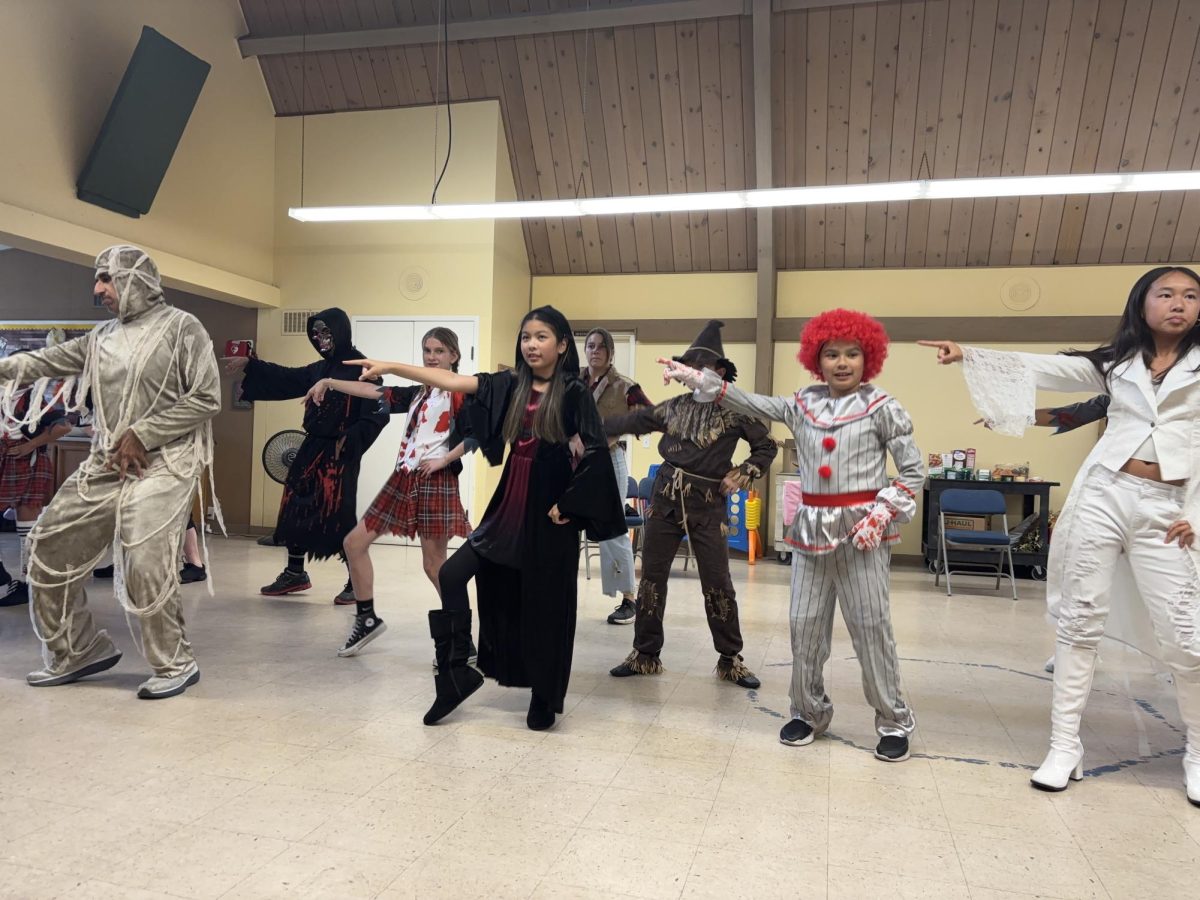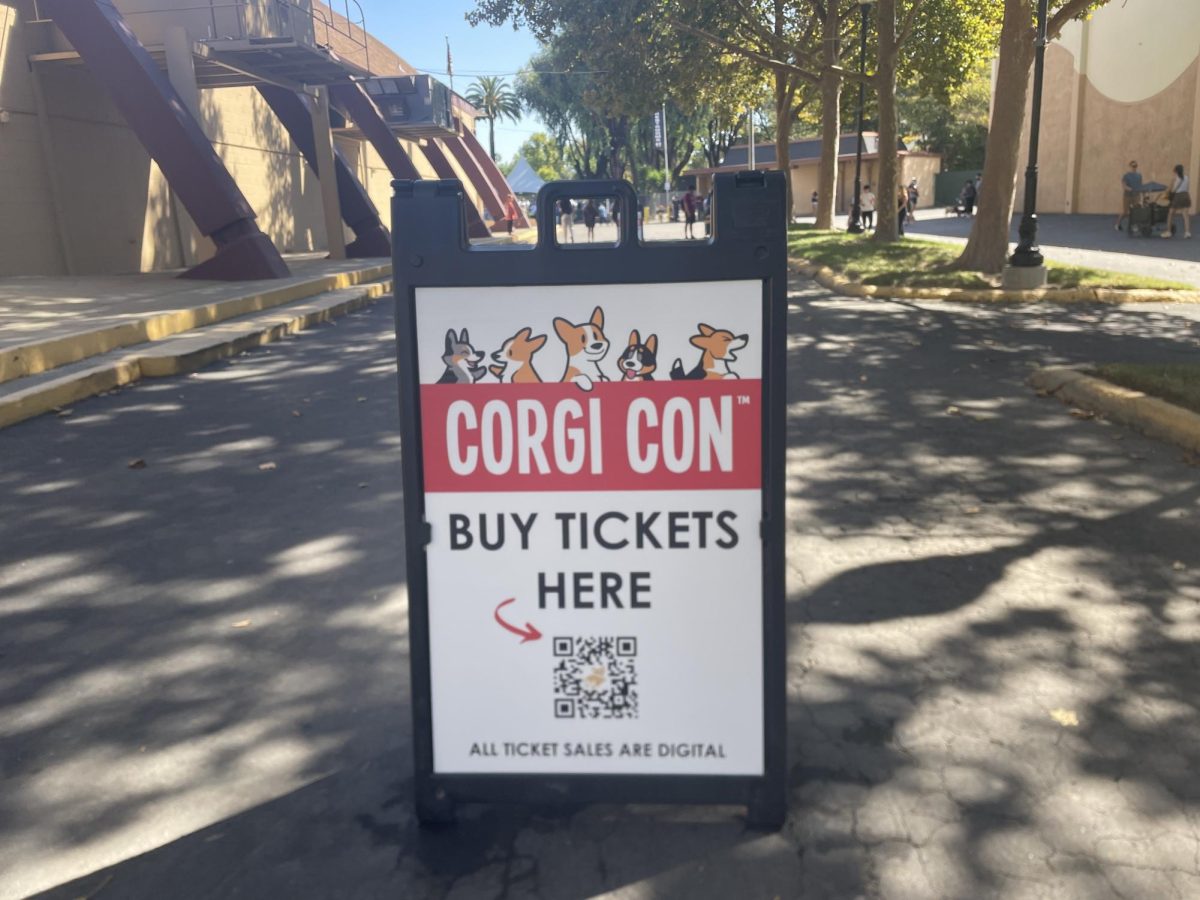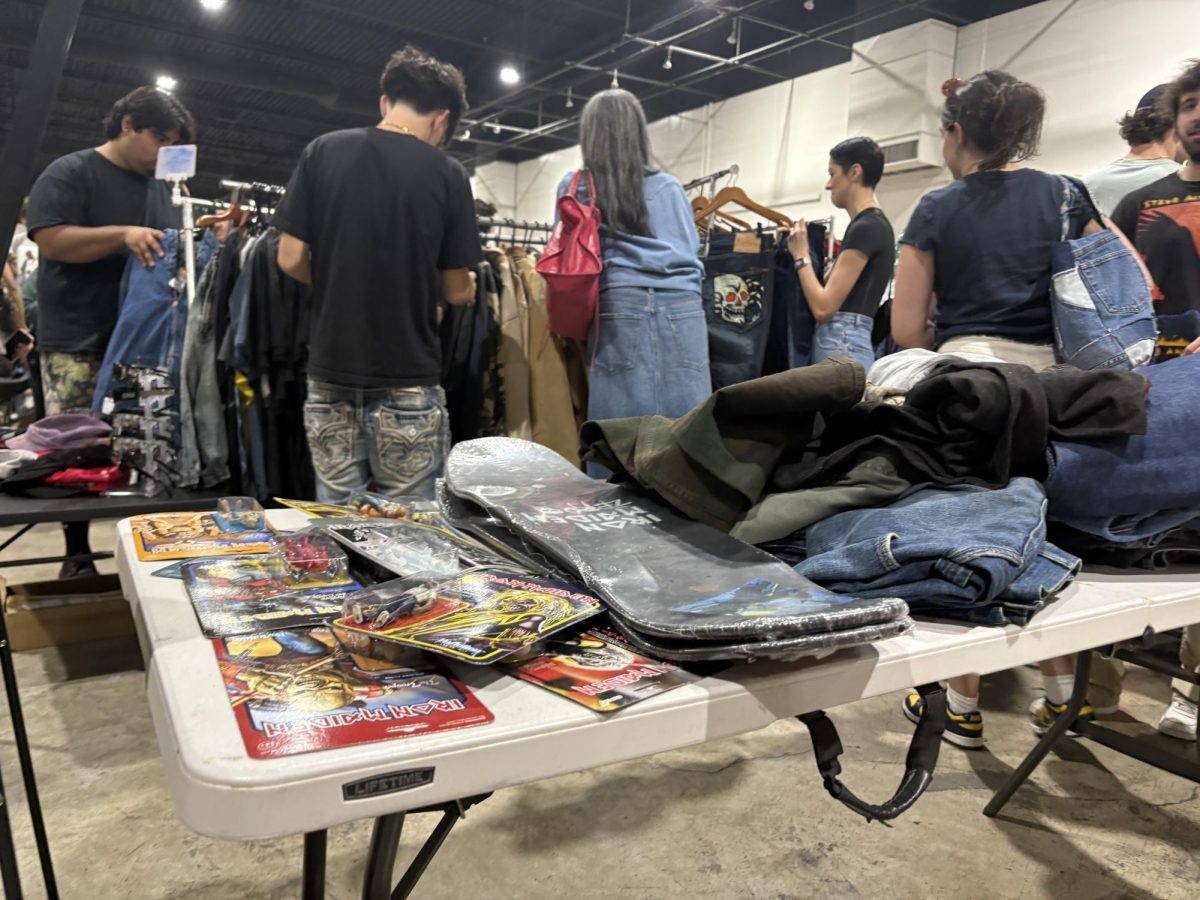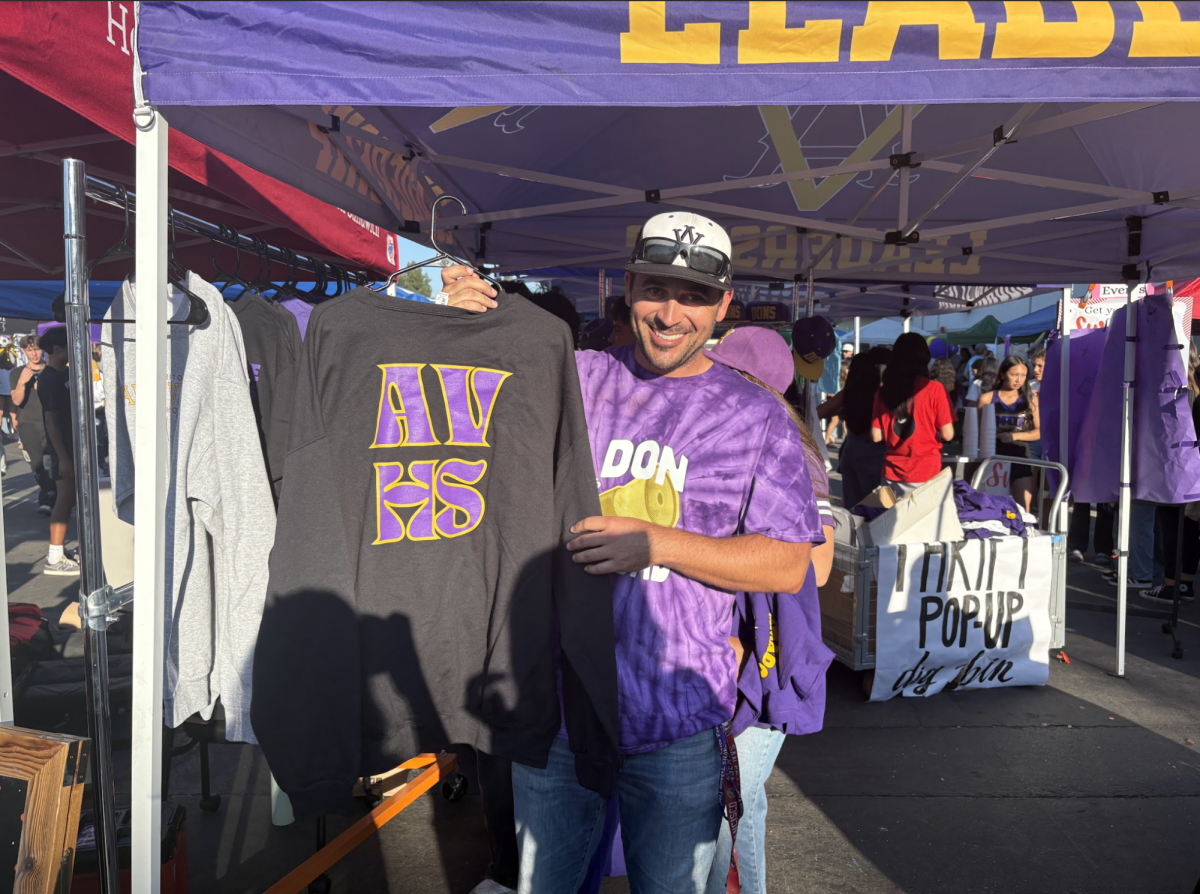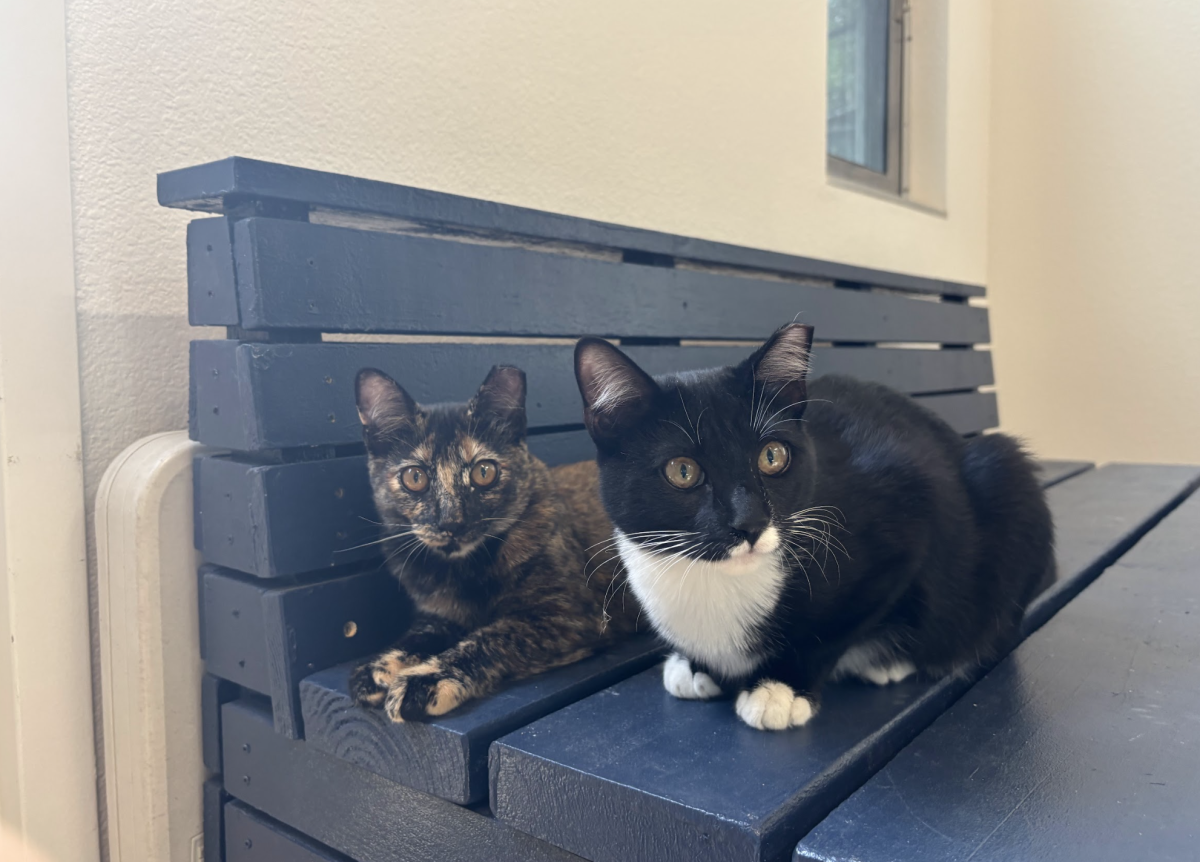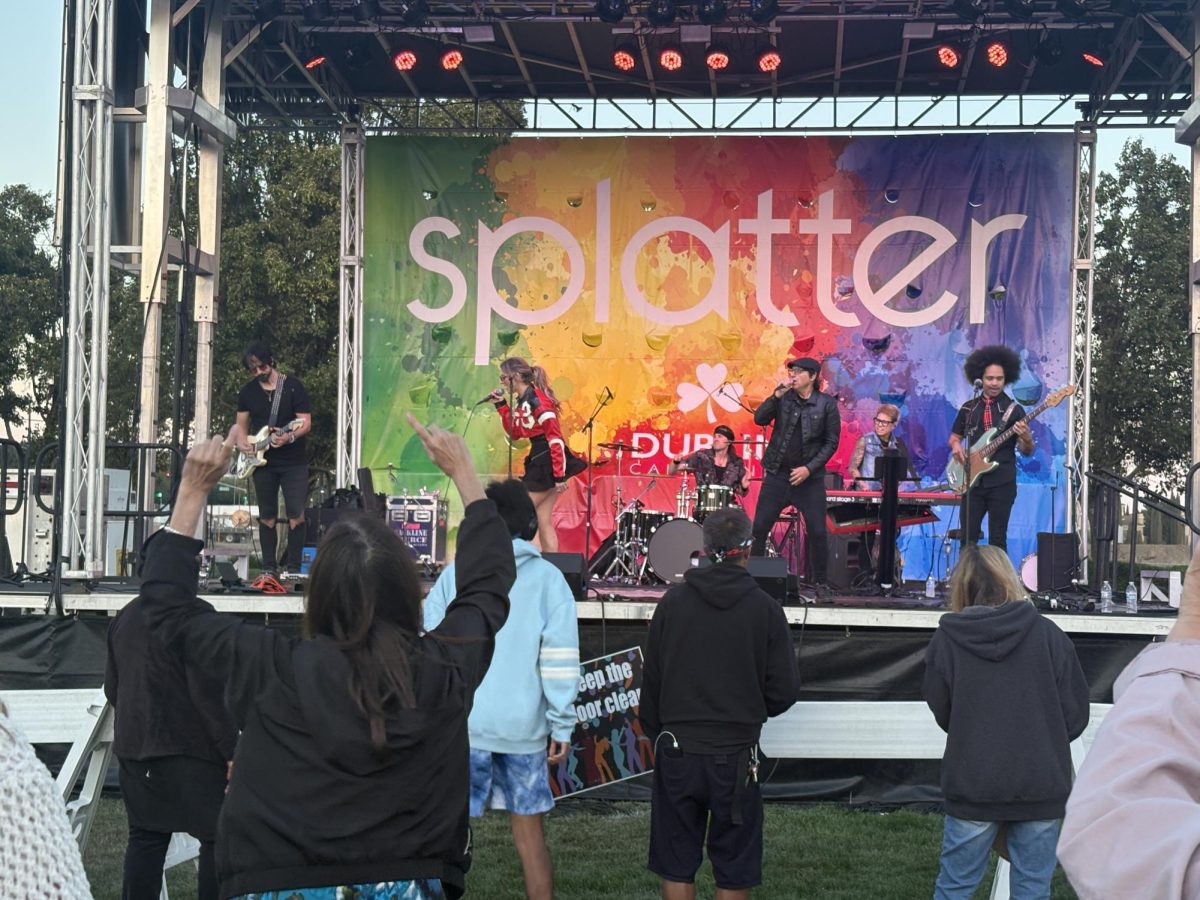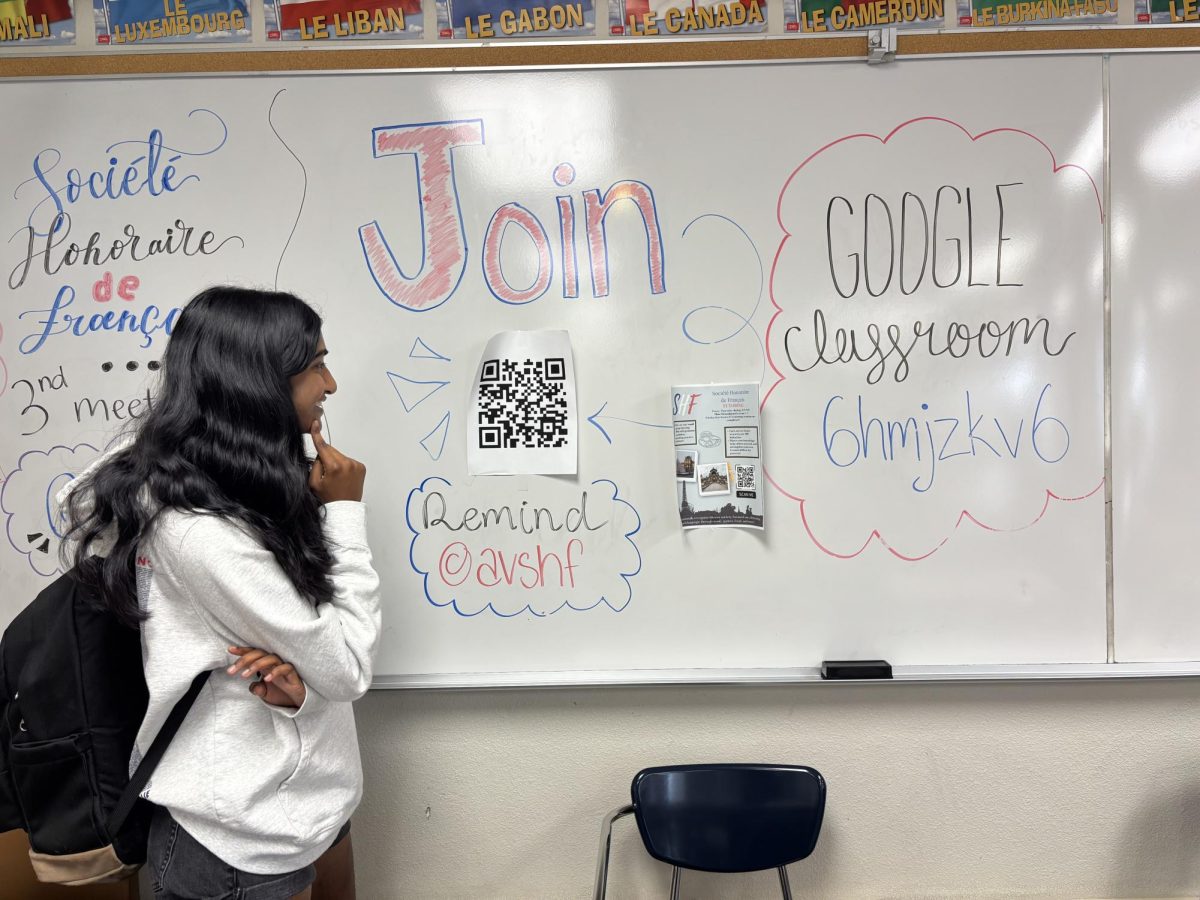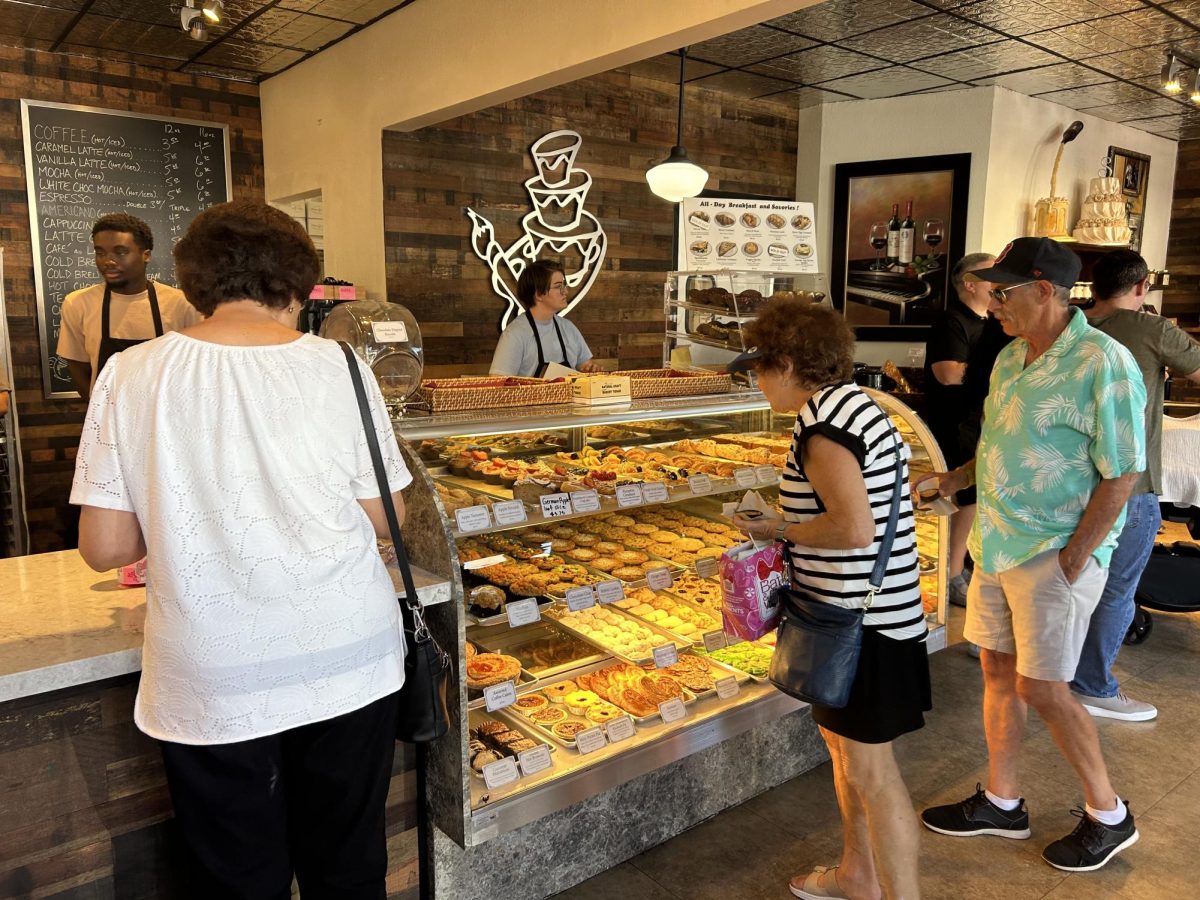Japanese Internment is a topic that a lot of us only study in a history class. For one Amador teacher, this subject hits home. AP Computer Science Teacher Kevin Kiyoi shared his family’s experience regarding the Japanese Internment Camps with Rieko Murphy’s AP Japanese class.
During World War II, after Pearl Harbor, the US had deemed Japanese people living there a threat to national security and relocated them to internment camps. Among these families include Kiyoi’s, who had to leave their farm in Modesto to Colorado.
“I think the personal stories and the narrative gives a wider picture of history. To hear from somebody whose family had been affected by a part of our history such as Japanese Internment and how the family is affected gives meaning and realism to the words,” said Kiyoi.
In his story, Kiyoi recalled that his grandparents did not talked much about their experiences. He went over how there is the lack of awareness regarding racism against Japanese Americans.
“It takes the stories from the person to say ‘here’s what my life has been like.’ And I can empathize, but never really understand because I never set foot in their shoes,” said Kiyoi.
Kiyoi passed around a binder with information about his grandparents and the internment camps. He also included an oral history where he got the opportunity to ask them questions before they passed away.
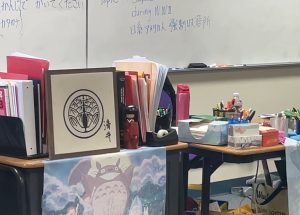
“I hope [the students] reflect on their own history and maybe even take that moment to ask their grandparents to do an oral history. [They should] ask them questions to write these stories down so they can be passed on so great-grandchildren can know what their lives were like,” said Kiyoi.
The AP Japanese class took away many new lessons from Kiyoi’s talk. It was a different aspect of culture compared to what they usually learn about.
“Normally I teach Japanese language, culture, art, and history including Japanese food and garden tea ceremony, and our beliefs. But this time we learned about Japanese American history. And we should all know about the Japanese American history at Amador,” said Murphy.
Students engaged in conversation and asked questions in hopes of getting a better understanding. Kiyoi had also shared his experiences and stories with the all-new freshmen ethnic studies class.
“Japanese values are peace, tranquility, and respect. I wanted to know about the culture of Japanese American history too because I am from Japan but we wanted to hear about Mr. Kiyoi’s grandparents’ and ancestors’ experience in World War II. We always want to think about our history and our future,” said Murphy.


